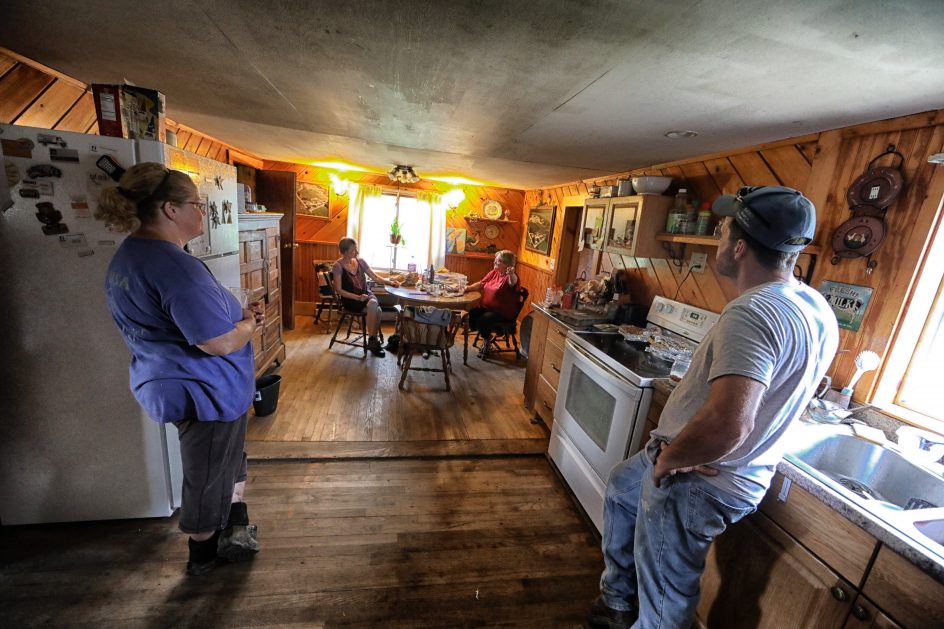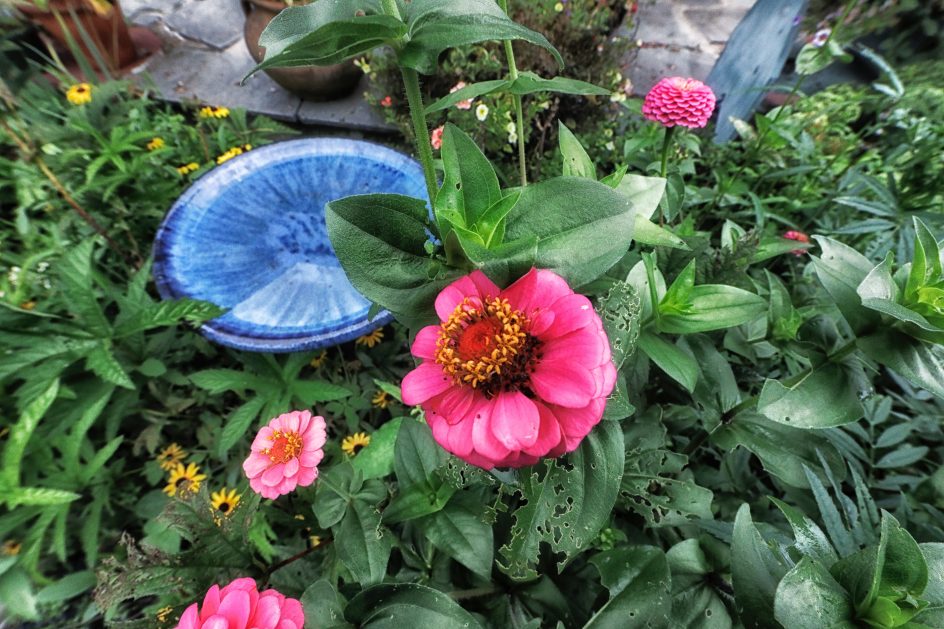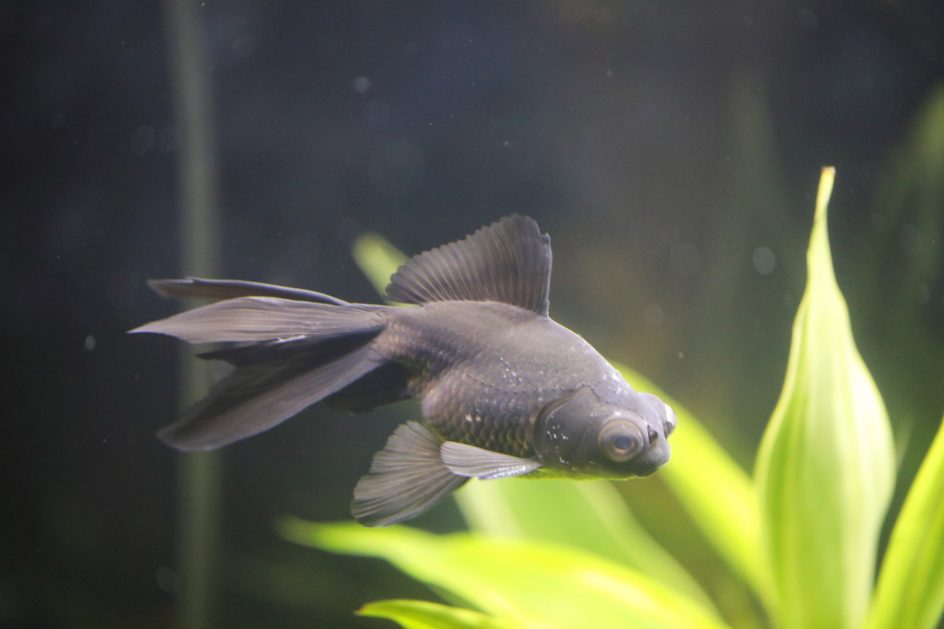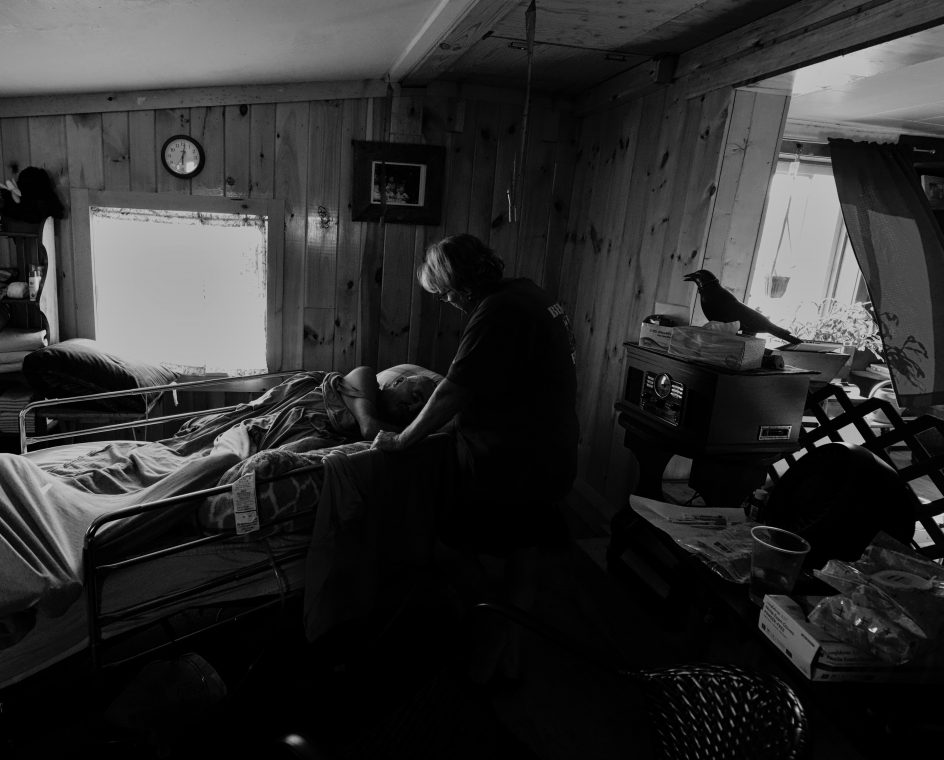
There is a sociology to death, as there is to everything. There is no better place to understand this than to understand the importance of the family farm, and to see what we are losing as the family farm disappears.
In many ways, the family farm can show us the long and painful way back from isolation, disconnection and hatred. There is so much to be learned from them.
I have been in a score of farms in my life here where I live, mostly taking photos of people who have opened their lives to me, as Ed and Carol Gulley have. More than the cows and milking parlors, the farm kitchens stand out to me as a monument to where we have been and where we are going.
To me, the farm kitchen speaks to the unique community of the farming community, the closeness of farm families. They also remind of how disconnected most of the rest of us are from one another.
Most of the kitchens look alike, refrigerators and stoves from the 1950’s (real farmers do not ever buy anything new if it can stand up by itself), wooden paneled floors and cabinets, 200-year-old flooring, too few counters, a view of the barns, ancient dishes and glasses stacked up in the sink, old family photos in old frames on the walls.
Here, you see what made America great, and kept us together, you can also what we will lose as these farms disappear and are gobbled up by bloodless and insatiably greedy corporate farms and corporate mega-agriculture.
In the the kitchens, farmers learned to talk to one another, something most of us have forgotten how to do.
I hate to think of them vanishing along with their farms.
Just ask the cows who soon, will never again step off of concrete and sit under the sun and the stars in their green pastures.
Sitting in the Gulley kitchen, you would hardly know the father and patriarch, Ed, is dying just a few yards away.
When Ed was diagnosed, friends and farmers started a Facebook Food Chain, every night, a different family – most of them complete strangers – bring dinner for 12 in plastic and aluminum bins, with pies and salads that could feed an Army.
They pile their foods and tins and baskets onto shelves in the kitchen, which is filled with food.
Carol only knows who a few of these people are, but her kitchen and refrigerator and table are stuffed with meals for her, her family, her grandchildren, for anyone who wanders in and his hungry. Carol has not cooked a meal in several months.
A farm kitchen is only incidentally about food, it is the heart of the farm, the epicenter of the house. The coffee pot is always full, there are always cookies and cakes on the table, there is alway something to eat. There is always mud and dirt on the floor, people are forever going in and out.
It doesn’t matter what is happening in the next room or the milking parlor or the cow barn. There are always people sitting at the table, there are always conversations rolling back and forth, there is gossip, argument, philosophy, remembrance.
Here is where differences are settled, here is where the family sorts out the agonizing issues relating to Ed’s death, here is where Carol reads her mail, and talks to her children and grandchildren, and sorts out the medication schedule for Ed, which changes every other day.
Today, Carol disagreed with her son Chad about the fairness of Ed’s illness, she wonders every day why the cancer struck him, and not other and less deserving people.
Chad, who just wandered in from another exhausting day working in his day job and coming to milk the cows with his wife Kate, challenged Carol not to go down that path, he said it let to anger, and the two of them – we joined in – had a powerful and compelling conversation about mercy, empathy, Fate and God. It was good for both of them, they both felt better.
Carol, we all understood, was just trying to make sense of the unimaginable.
“Do you believe that God is making these decisions?,” Chad asked me.
No, I said, I am not religious in that way, I can’t hold God responsible for every accident and tragedy in the world. I loved the conversation, it was honest, open and important and both Carol and Chad came to a good place in their farm kitchen, where so many conversations have taken place.
The family I grew up in never had conversations like that, we never talked to each other in such an open and heartfelt way, people just screamed at one another and hurt each other. There was only argument, no listening or resolution.
Farm kitchens are not like that, people gather to talk and listen.
The farm kitchen is where Maria and I sit and talk and talk with Carol every day – we try to talk about everything but Ed to take Carol’s mind off of him – but we usually end up sorting out the questions and challenges Carol faces every day. Carol is more at ease there than any other place.
This is where she talks to her children and asks their opinions, it’s where Chad comes to tell her one of the hay wagons has a flat tire, or one of the tractors had a dead battery or another machine needs a new valve. Or where Jordan comes to get a drink, and Kate comes to get a sandwich. Here, we hear that one of the grandchildren doesn’t want to visit Ed any more, she wants to remember him the way he was.
That’s fine, says Carol, it’s up to her.
Here, there are no strangers, everyone is known. In the outside world, we are all becoming strangers. Because we never see and talk to one another, we are forgetting how to understand and compromise with each other.
Because most of us have no farm kitchens, open and bright and welcoming day and night, we splinter into a left and a right, a red and a blue. How can we talk to each other if we never actually see each other?
This is where Chad comes when he has a headache from working 15 hours a day and needs something to eat. Where he tells of being pulled over for speeding by a gracious cop who let him go.
Here is where Carol tries to make sense of what is happening to her.
Here is where the grandkids come in for a cool drink as they come off the hay wagons and hours of stacking hay for the winter. This is where people come to share the news, to bemoan the weather, to trade money-saving tractor tips, to announce the death of mothers and fathers, to tell of the tragedies that routinely befall farmers and their families.
To comfort and support one another.
Here is where the hospice nurse and aide come to ask Carol how she is and go over Ed’s medicines.
The farm kitchen is a refuge, and a soothing one. It comforts and offers respite and sanctuary. No matter what happens outside or in the next room, the farm kitchen is up and running.
It is the soul of life here, in such sharp contrast to the disconnected and impersonal world we have built. I have a hard time even picturing where Carol might be for much of the day without the farm kitchen, while Ed lies immobile and paralyzed in the next room.
When I come in in the late afternoon, I go sit with Ed for a while, and Maria heads for the kitchen. Then I join them, I know Carol is easier around women than men sometimes, but because of the farm kitchen, we are getting easier with one another, and because of the farm kitchen, the family and I (and Maria) are getting to know and understand one another.
This, then is a compelling metaphor for the outside world and what it needs. If only Congress had a farm kitchen, if only those new McMansions popping up all over the suburbs had one, if only they were built into row houses in the inner city, if only the left and the right could gather every day instead of clicking on their smartphones for their latest grievances with one another.
In the sociology of life, and of death, the farm kitchen is the soul of connection and community. It does nothing but bring people together. I think it helps people in the most sacred and elemental ways.
Believe me, they will be missed when they are gone.



